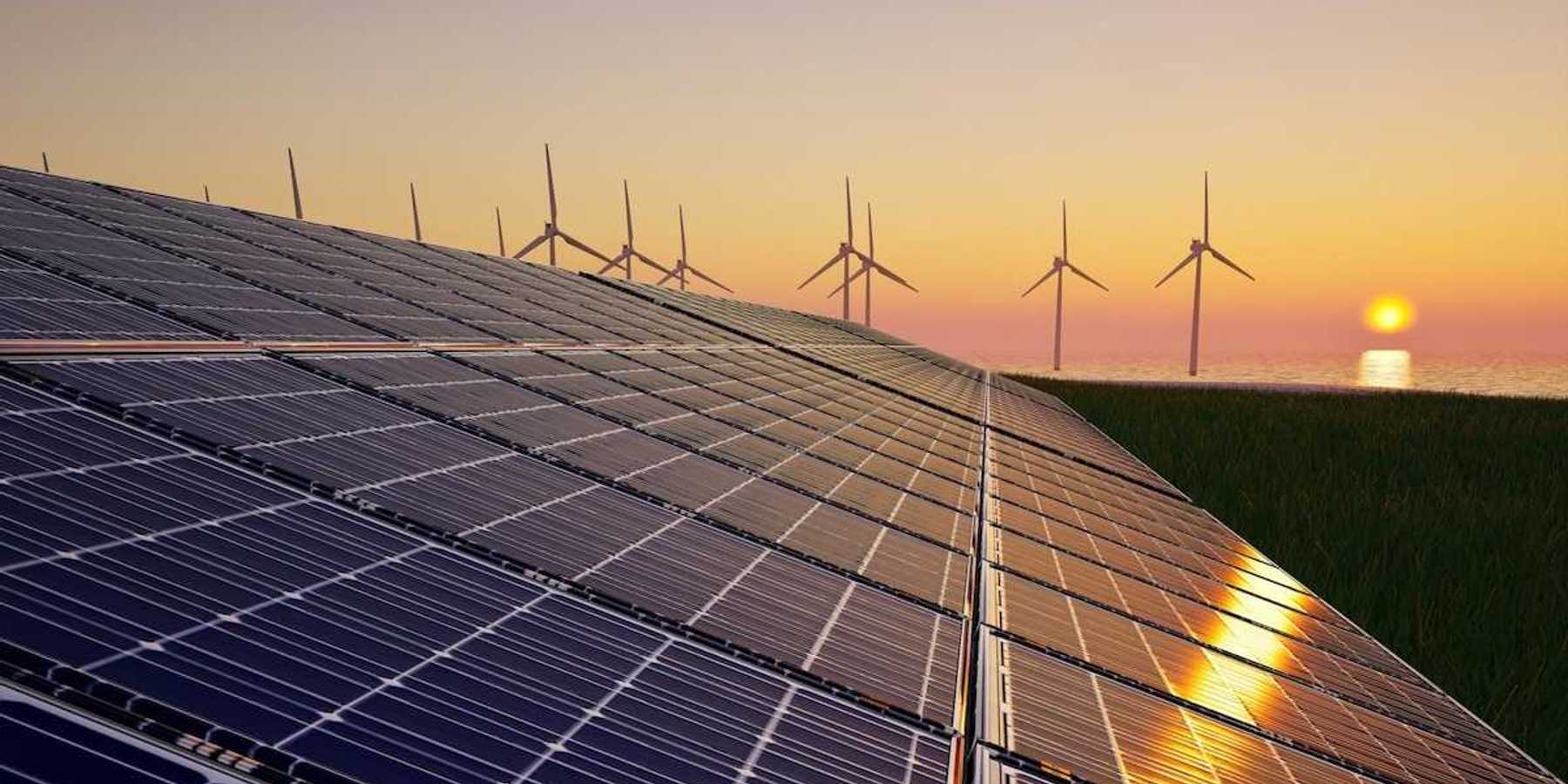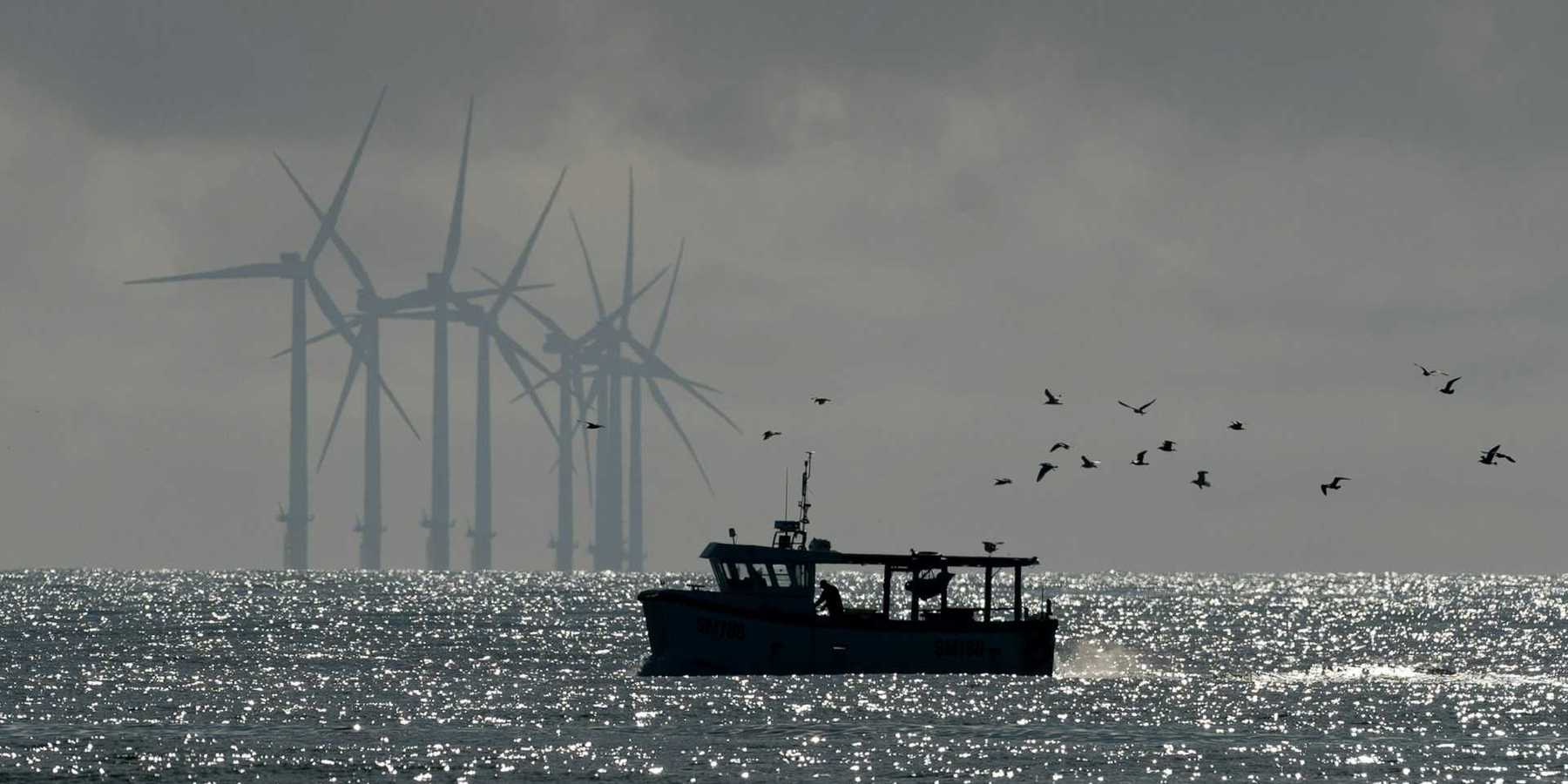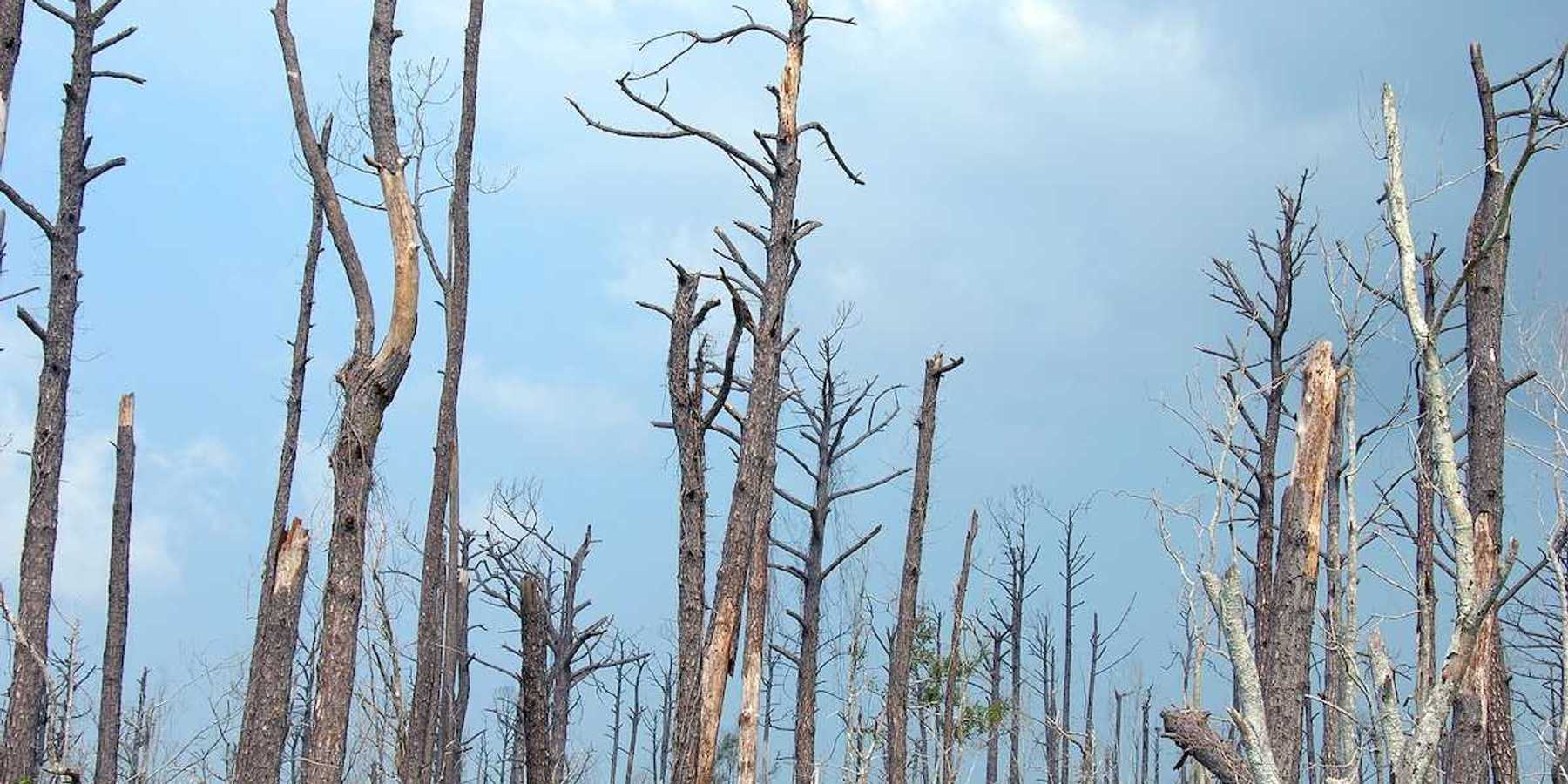Midwest renewable energy projects face delays due to grid issues
Despite approval, Midwest renewable energy projects face significant delays due to faulty studies, supply chain issues, and costly grid upgrades, experts report.
Kristoffer Tigue reports for Inside Climate News.
In short:
- The Saratoga Solar Project in Wisconsin, a 150-megawatt solar farm, faces a three-year delay due to interconnection and supply chain issues.
- More than 11,000 renewable energy projects nationwide are waiting to connect to power grids, causing extensive delays despite state-level legislative efforts.
- Developers face high costs for grid upgrades, often delaying or canceling projects due to financial and logistical challenges.
Key quote:
“... a grid unprepared to connect clean energy is putting untenable transmission price tags on projects expected to bear the cost of big upgrades on their own.”
— Beth Soholt, executive director at the Clean Grid Alliance
Why this matters:
Delays in connecting renewable energy projects to the grid hinder progress toward state and federal climate goals. The global supply chain crisis has not spared the renewable energy sector, with delays in obtaining critical components like turbines and solar panels. This bottleneck is particularly frustrating for projects that are otherwise ready to go.













